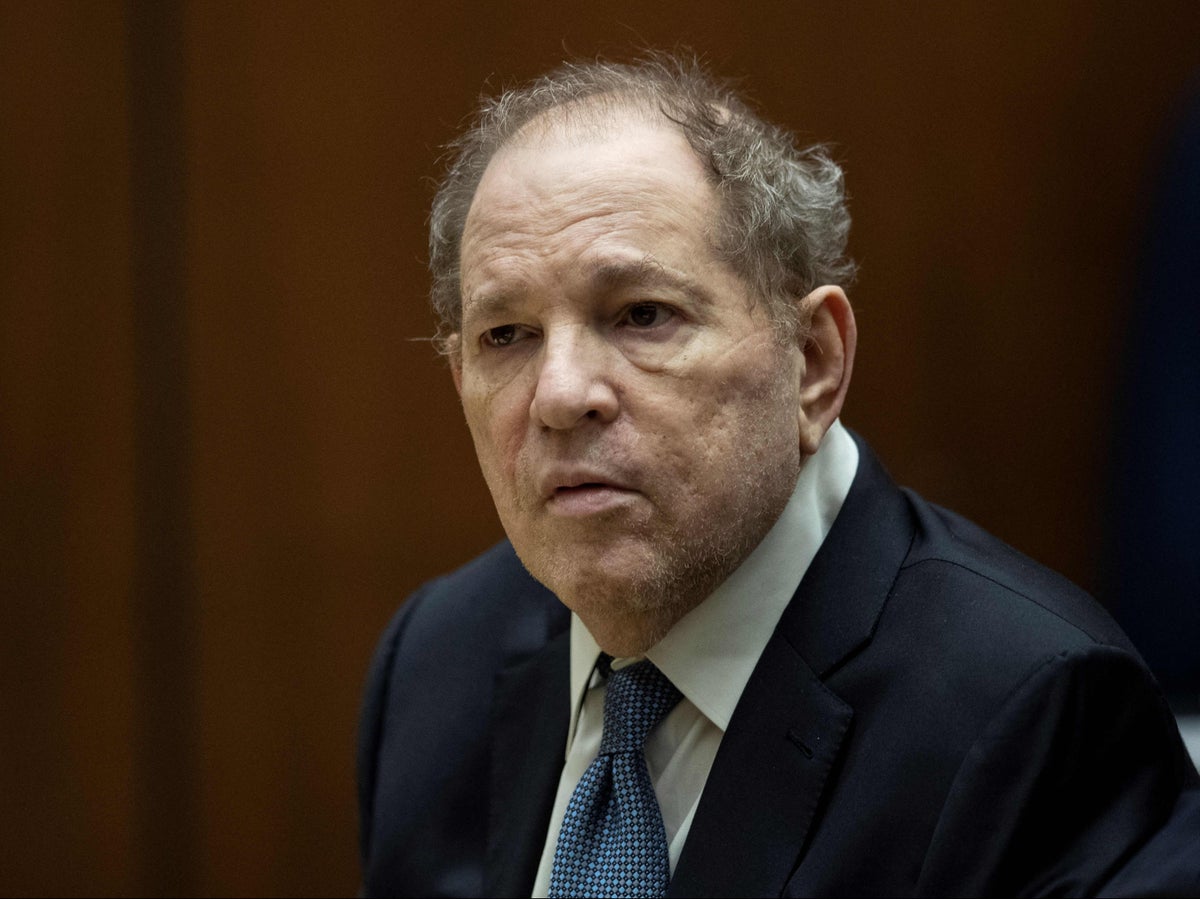
Jurors in Harvey Weinstein’s Los Angeles trial have been deliberating for five days.
During this time, the jury, which includes three women and nine men, has not asked a question or sent a note, as is sometimes the case during deliberations.
On Friday (9 December), jurors returned for their fifth full day of deliberations. That process began a week prior, but on that Friday (2 December), the jury only got to deliberate for a brief moment before court closed down for the weekend.
Jurors could announce a decision at any time, but the window for a swift verdict appears to be closing.
Journalist Meghann Cuniff, who has been covering the case for Law & Crime in Los Angeles, compared on Twitter the ongoing Los Angeles case to Weinstein’s first criminal trial, which ended with his conviction in New York in 2020.
In New York, Weinstein faced a total of five counts. He was convicted on two: one of third-degree rape, and one of a criminal sexual act. The former movie producer, who has maintained his innocence in all jurisdictions, has been granted an appeal in the New York case.
In Los Angeles, Weinstein faces seven counts, related to allegations involving four women and ranging in dates from 2005 to 2013.
As Ms Cuniff pointed out on Twitter, the verdict sheet provided to the jury in New York – which jurors had to fill out to express their ruling – was just one page long. The verdict form in Los Angeles, shared online by Ms Cuniff, is significantly longer, at 16 pages.
The Los Angeles verdict form also includes a layer of nuance which could result in additional deliberation time: for the fifth count, jurors are asked to consider a charge of sexual battery for restraint, for which they can find Weinstein either guilty or not guilty. But they are also asked to consider a lesser offense of sexual battery, also for count five. For that offense too, they can find Weinstein guilty or not guilty.
On Friday (9 December), Ms Cuniff reported that there was “movement afoot” early in the day when an alternate juror asked to be dismissed, citing pending travel. That request was denied, she said.
Alternate jurors are selected in case one of the main members of the jury pool needs to drop out or be dismissed at any time. They witness the trial like the main jurors, but they do not participate in deliberations unless asked to step in.







